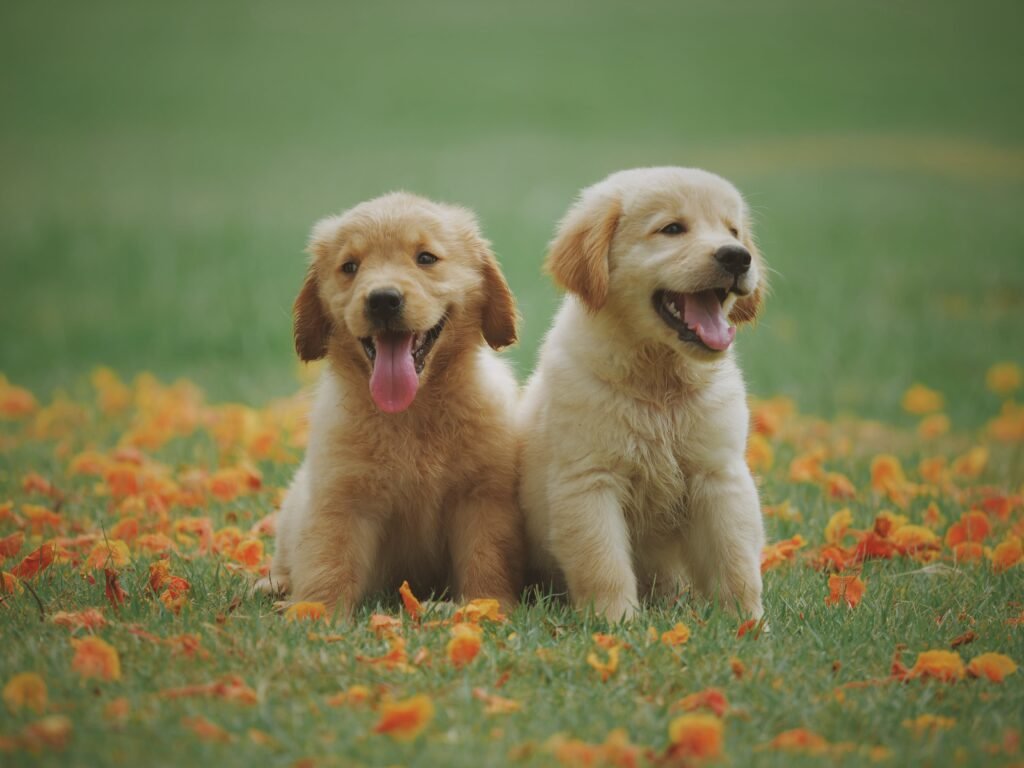
Dogs, our faithful companions and furry friends, have earned various endearing nicknames over the centuries – from “man’s best friend” to “pupper” and “woofer.” But have you ever wondered why they’re officially called canine? This seemingly simple question delves into the fascinating world of etymology, the study of word origins, revealing a story steeped in history and rooted in Latin.
A Journey Through Time: From Canis to Canine
The word canine directly stems from the Latin word “canis,” which simply means “dog.” This connection might seem unremarkable at first glance. However, understanding the historical context paints a clearer picture.
The Romans and Their Canines:
For the Romans, dogs played a significant role in society, serving as hunting companions, guardians, and even symbols of loyalty and fidelity. It’s no surprise then, that the Latin language, the lingua franca of the Roman Empire, possessed a dedicated term for these canine companions.
Evolution of a Word:
Over time, the Latin word “canis” entered the English language, likely through Old French, undergoing a slight transformation in the process. The “s” at the end softened to a “e,” resulting in the modern term “canine.”
Beyond the Basic Meaning: Embracing a Broader Scope
While “canine” primarily refers to domestic dogs (Canis familiaris), its meaning has broadened over time. Today, it encompasses all members of the Canidae family, which includes:
- Wolves
- Foxes
- Coyotes
- Jackals
- Dingoes
Sharing a common ancestor and exhibiting similar physical and behavioral characteristics, these animals are collectively referred to as canines.
A Legacy in Language: The Enduring Presence of “Canine”
The term “canine” has become an established part of our vocabulary, not only referring to our beloved dogs but also encompassing their wild relatives. From scientific classification to casual conversation, the word continues to carry the legacy of its Latin origin, reminding us of the long-standing relationship between humans and these remarkable creatures.
So, the next time you call your dog a “good boy” or a “canine companion,” remember the interesting etymology behind this seemingly simple word. It’s a testament to the enduring bond between humans and dogs, a connection that transcends time and language.








